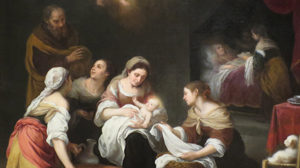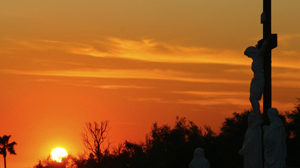Solemnity of Saints Peter and Paul
Acts of the Apostles 12: 1-11
2 Timothy 4: 6-8, 17-18
Matthew 16: 13 -19
Reflection:
Today we celebrate two great men of the Church, Saints Peter and Paul. Two ordinary men, one a fisherman and the other a Pharisee and a tentmaker. Two ordinary men who recognized that God had called them to be something greater than they thought themselves to be. Two ordinary men who had courage to speak the truth that was spoken to them through Christ. They endured many hardships and trials for their words and actions and yet they kept on believing in the truth that dwelt in their hearts.
How could ordinary men come to do extraordinary things?
The angel said to Peter, “Put on your belt and your sandals. “ He did so. Then he said to him, “Put on your cloak and follow me.” “ Acts 12:8
Even in prison Saint Peter did not give up hope in Jesus Christ. He listened and followed the angel out of the prison. The angel had to awaken him from his sleep. If Saint Peter was asleep he certainly was not afraid of the trial that was to take place the next day. The passion that he felt in his heart, about who he had spent three years following and all that he had seen Jesus Christ do for others, must have been a source of his hope and courage. He was open to the possibility that Jesus was the Messiah and confirmed it when Jesus asked him “Who do you say that I am?” Mt 16: 15-16.
“I have competed well; I have finished the race; I have kept the faith.” 2Tim 4:7
Saint Paul was also in prison and did not fear death. He knew that he had completed what Christ had called him to do for the proclamation of the Kingdom. An ordinary man who was passionate about his faith to the point of persecuting the first Christians. Then Jesus caught his attention with a flash of light and a bit of a humbling fall to the ground. A “snap out of it” moment. He would carry the message of Christ to the Gentiles beyond Jerusalem to the end of the world; that time the Roman world. Again, his passion came from the truth that dwelt in his heart and he was not afraid to recognize it and act upon it.
Each of us are called to become something greater than what we think we are. This can only occur through faith, prayer, hope and trust in Christ. What is Christ calling you to today?
Linda Schork is a theology teacher at Saint Xavier High School in Louisville, Kentucky.








